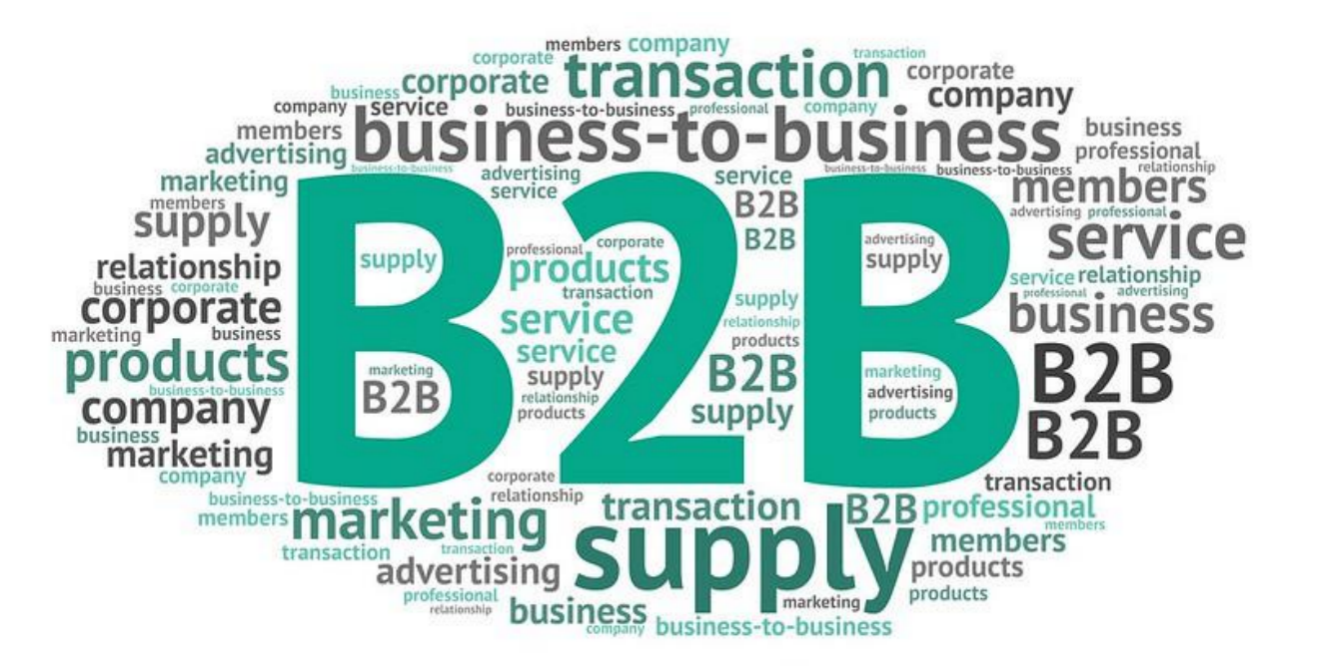- Blog /
- apac-market-insights
The CMO's Journey: Meeting CEO Expectations in the Modern Landscape of B2B Marketing
29 Jan 2024
By AroundDeal

The role of Chief Marketing Officers (CMOs) in the B2B sector has undergone a significant transformation. The days when traditional marketers could keep up with their competitors' rapid growth by focusing on brand awareness or pay-per-click (PPC) campaigns are long gone. Today's landscape demands a more modern approach.
CMOs are now pivotal in meeting CEO expectations, navigating through a complex mix of strategic, technological, and operational challenges.
Kurt Uhlir aptly summarizes this evolution: "Effective B2B marketing doesn't just inform; it educates and inspires. It's about guiding narratives that resonate with the people driving the companies." This encapsulates the essence of the modern CMO's journey in meeting the high standards set in today's dynamic B2B marketing environment.
The Evolving Role of the CMO in B2B Marketing
The role of the CMO has transformed into a more comprehensive form of business and growth leadership.
Today's high-performing CMOs often possess a technological background or a deep understanding of technology's role in marketing. They are adept at content creation across all customer journey phases and can engage in detailed discussions with CFOs and CEOs about dividing marketing investments for short-, medium-, and long-term gains, including the leading indicators for each.
This shift underscores the importance of a systems mindset in modern marketing leadership, a concept explored in depth in a Forbes article, highlighting the transition from strategy to execution in marketing leadership.
The Intersection of Marketing and Operations
In today's dynamic business environment, top-performing marketers are increasingly recognized as adept operations leaders. This intersection of marketing and operations is crucial for driving sustainable growth and innovation.
Case Study 1: Eric Lent's Transition from CMO to COO at Gravity Haus
Eric Lent's career exemplifies the seamless integration of marketing and operations. His journey from VP of Global Marketing at The Hershey Company to Chief Marketing & Consumer Technology Officer at Herschend Family Entertainment, and eventually to COO at Gravity Haus, highlights how operations and execution drive high-performance marketing teams. At Herschend, Lent not only led the marketing division but also played a pivotal role in the acquisition of Harlem Globetrotters, subsequently taking on an expanded role that combined marketing with consumer technology. This blend of responsibilities underlines the evolving role of marketing leaders in encompassing broader operational aspects.
Case Study 2: Kurt Uhlir’s Expansion to B2B CMO and Keynote Speaker
Kurt Uhlir's career trajectory further illustrates this trend. His roles in marketing leadership at companies like eXp Realty, HERE Technologies, Sideqik, and Showcase IDX demonstrate the need for expertise in integrating marketing and operations. Uhlir was instrumental in the sale of Showcase IDX to eXp World Holdings and subsequently took charge of growth marketing and B2B marketing and go-to-marketing efforts for the company's proprietary SaaS offerings to 89,000 agents. His leadership extended to overseeing operations for a division responsible for developing a major B2B product and a B2C investment, culminating in the creation of the fourth-largest real estate portal in the world.
The Strategic Importance of Customer Success in Marketing
The trend of moving Customer Success under the CMO's purview is becoming increasingly prevalent. This strategic move allows for a more comprehensive understanding of customer perceptions and behaviors, as the CMO typically possesses extensive data on customers. By consolidating customer success with marketing, companies create a unified feedback loop, enabling faster and more accurate iterations based on customer data. This consolidation is particularly beneficial as it aligns with the marketing team's deep insights while addressing the sales team's focus on acquiring new customers, thereby ensuring a more cohesive and informed approach to customer relationship management and strategic decision-making.
Meeting CEO Expectations: The CMO’s New Mandate
Modern CEOs expect CMOs to be drivers of business growth and operational efficiency.
This new mandate requires CMOs to go beyond traditional marketing roles, embracing broader business strategies and innovations. Leaders like Kurt Uhlir and Eric Lent exemplify this expanded role. They demonstrate how CMOs can effectively contribute to a company's overall success by integrating marketing insights with operational acumen. Their ability to align marketing strategies with business objectives, while ensuring operational efficiency, sets a benchmark for how CMOs can meet and exceed the evolving expectations of CEOs in the contemporary corporate landscape.
The CMO as a Driver of B2B Innovation
CMOs are increasingly becoming the catalysts for innovation in the B2B sector. Their role has expanded to include leveraging technology and data to develop cutting-edge marketing strategies and even patentable product innovations. This involves not just understanding market trends, but also predicting and shaping them.
Top CMOs are known for their innovative approaches, utilizing data analytics, AI, and other technological advancements to create targeted, effective marketing campaigns. Their ability to harness technology for strategic marketing initiatives positions them at the forefront of B2B innovation, driving growth and setting new standards in the industry.
Preparing for the Future: Skills and Mindsets for Aspiring CMOs
Aspiring CMOs in the B2B sector must cultivate a diverse set of skills and mindsets to succeed in the evolving landscape. Key among these are technological proficiency, strategic thinking, and a deep understanding of customer behavior.
Continuous learning and adaptability are crucial, as the marketing world is rapidly changing with new technologies and methodologies. Aspiring leaders should focus on developing a holistic view of business operations, honing their ability to integrate marketing strategies with overall business goals. Embracing innovation, fostering collaboration, and maintaining a customer-centric approach are essential for those aiming to lead in the future of B2B marketing.

The role of the CMO in the B2B sector is evolving rapidly, expanding beyond traditional marketing boundaries to encompass broader business leadership and innovation. This article has highlighted how leaders like Kurt Uhlir and Eric Lent exemplify the modern CMO's role in meeting CEO expectations, driving business growth, and leading innovation. As the landscape continues to change, the future of B2B marketing leadership promises exciting opportunities for those prepared to embrace new skills, technologies, and strategic thinking.





